After weeks of feeling abandoned by Husky Energy in the wake of a massive oil spill, the James Smith Cree Nation of central Saskatchewan has finally been reimbursed for the cash it spent cleaning up the company's chemicals from its land and water.
The cheque for more than $145,000 came in early September after Husky was flooded with negative press over its slow response to the community's concerns, and refusal to acknowledge publicly — despite several media requests — that its oil had washed up on the shores of the reserve. Dogs that are specially trained to recognize the scent of Husky's oil recently confirmed the connection as part of a Shoreline Cleanup Assessment Technique (SCAT) survey of James Smith's territory.
The First Nation may have won the immediate cash battle, but according to community leaders, the cleanup war is far from over.
At least 27 oily log piles remain on their reserve, and even more lie just outside the reserve boundaries within the nation's traditional territory. Earlier this week, an official report from Husky Energy's SCAT advisor, Owens Coastal Consultants, recommended that the debris be left over the winter for "natural weathering."
In a call with Husky on Thursday afternoon, James Smith Cree Nation categorically rejected this recommendation, demanded that Husky clean up everything, and further condemned the process of developing recommendations without any First Nations input.
Husky Energy could not be reached for comment on this story, and has not responded to National Observer's phone calls or emails since August.
Clean it all up, say chiefs
"Of course our plan is to clean our entire traditional territory," Chief Robert Head told National Observer. "That would include upstream and downstream. We want to clean the entire river basin. Any oil is bad oil.”
On July 21, Husky's 19-year-old pipeline near Maidstone, Sask. leaked more than 200,000 litres (roughly 1,570 barrels) of oil and other chemicals into the North Saskatchewan River, contaminating the drinking water of thousands and forcing nearby municipalities to enact emergency water restrictions. While spill response focused on cities closest to the disaster, within a few days, James Smith Cree Nation had found dead crayfish, oil sheen, and foam washing up on its portion of the river, nearly 400 kilometres east.
Saskatchewan's Water Security Agency has since declared the North Saskatchewan River safe for drinking, and Calgary-based Husky Energy has reported roughly 90 per cent of the oil has been contained. James Smith however, remains unsatisfied with Husky and the provincial government's recommendation to leave polluted areas on their territory for nature to clean up.
“Clean up does cause damage," Ralph Bock, hazmat and impacted sites manager for the Saskatchewan Ministry of Environment, told James Smith leaders in a Sept. 26 meeting. "You have to be really careful to strike the right balance that your cleanup efforts are doing more good than harm."
By scouring through the territory to detect and remove oiled debris, he explained, boots on the ground can force water into ground sediment, while excavation of material leads to erosion on the river banks. Boat launches, vehicle transportation, and other methods of access cause further disturbance that could be avoided if naturally-occurring microbes are allowed to degrade the oil on their own, Bock maintained.
“Natural processes are the benchmark," he said. "Nature will often do a better job of recovery than we will."
He emphasized that Husky Energy will be paying the bill, and that any cleanup plans released are for the 2016 season alone with new plans to be developed for 2017.
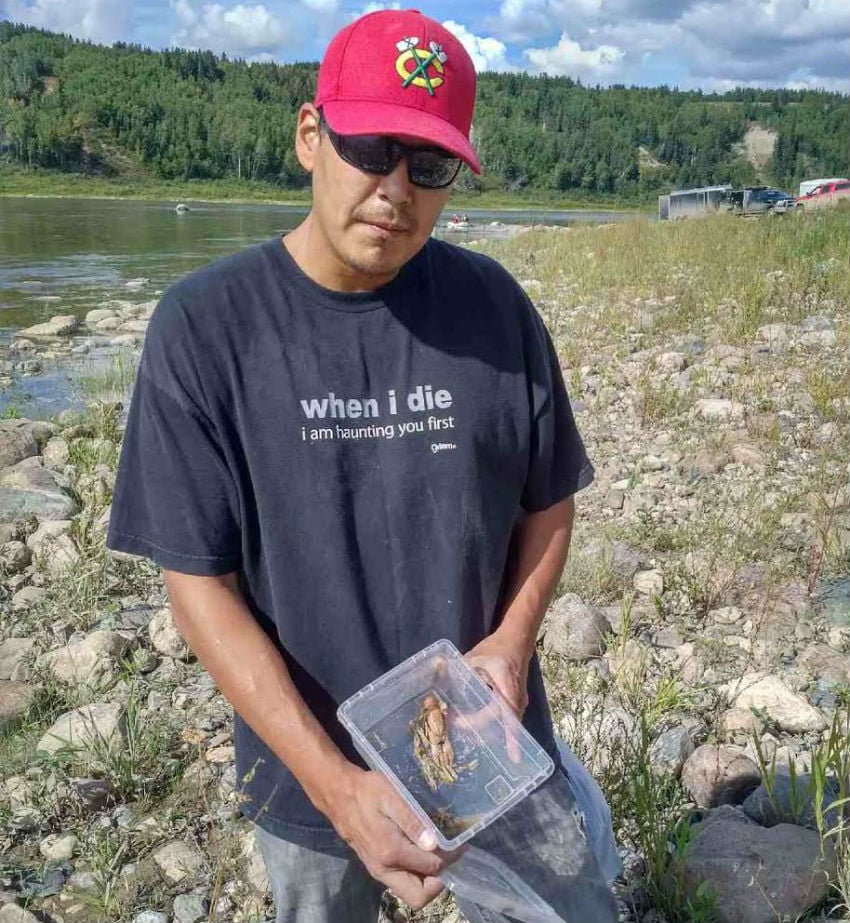
Expert claims leftover oil is "low risk"
His arguments were backed up one week later by geologist Ed Owens, who was contracted by Husky Energy to oversee SCAT surveys and make cleanup recommendations for James Smith territory. During an Oct. 4 meeting — one day after he completed his official report recommending oiled debris be left on the reserve — he told community leaders that the damage included "thin stains" of "low risk" (less than one per cent oil distribution) that would weather and go away in a "very short time period."
“The natural weathering, the natural recovery, has already taken place to a large degree," he told a room full of skeptical chiefs and band councillors. "Most of that oil has lost anything that posed a risk.
"Our recommendation when we get to the very low concentrations, is that monitoring natural recovery is a preferred option because when we start going into these places, we intrude.”
Owens, one of the founders of SCAT methodology and a spill response expert with more than 40 years of global experience, said the area should be re-surveyed in the spring after water levels in the river decrease. In his professional opinion, he added, Husky Energy's response to the catastrophe was "really great" as a result of its "very high" oil recovery rate.
But members of the James Smith Cree Nation were unconvinced, and have now told Husky Energy to get all of its spilled oil off their reserve and traditional territory.
"If we don’t make an attempt to clean up those areas, we’re not doing anybody any favours downstream," explained Dwayne Seib, CEO of a band-owned development corporation, during the Oct. 4 meeting. "We're just personally more in favour of tackling this cleanup right now rather than waiting until spring and letting mother nature flush it downstream further."
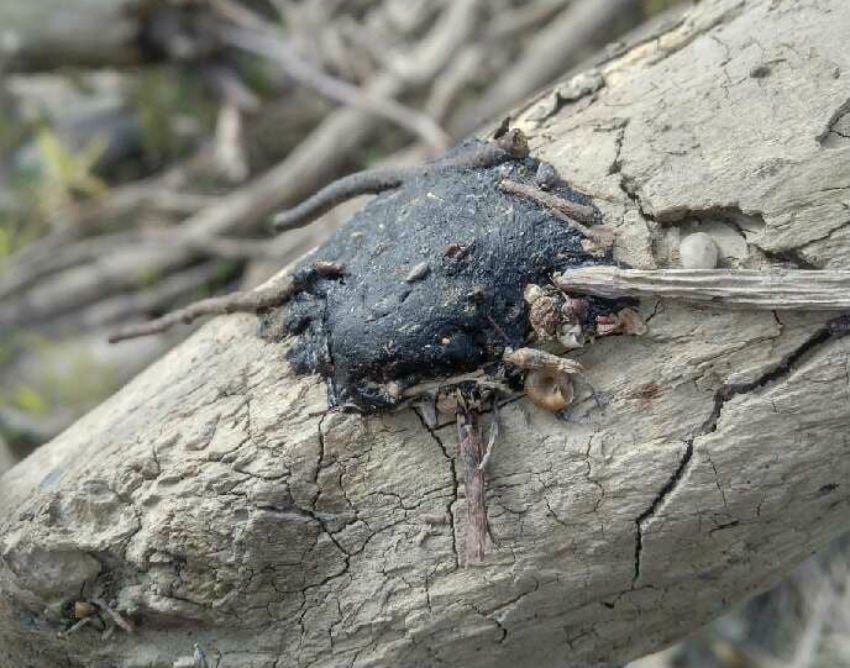
An issue of Crown consultation
The First Nation went even further however, and in a formal press release issued this week, condemned its treatment as "second class citizens" at the hands of Husky and the Saskatchewan Government. Representatives from the province, Husky, and Owens Coastal Consultants had all been involved in a conference call the day before the official recommendations were issued to discuss the report's details — but James Smith had no input and was not included in developing the report.
"That's exactly the situation we find ourselves in," Chief Head told National Observer. "They've discussed all these things without us and it's bad for the First Nation because we want to be included in those discussions. Those are our reserve lands, and our people will be affected by those spills first and foremost.
"Having this colonial attitude towards First Nations people is not helping at all."
After these concerns were raised during the Oct. 4 meeting, Owens explained to James Smith that his report strictly contained observation and documentation, without any real 'input' involved. Dave Lawrence, Husky's vice president of aboriginal and community relations, also acknowledged that Husky's cleanup role is "by no means" over, and indicated that the company would consider a strategy that combined Owens's recommendation of leaving debris behind with "some other work" taking place before the worst of the winter freeze.
Dwayne Seib of the nation's band-owned development corporation, the Fort-à-la-Corne Employment Development Partnership project, blamed neither of these groups for excluding James Smith, and pointed instead at the Government of Saskatchewan who should have known better than to engage stakeholders in a process without First Nations involvement.
He condemned the Crown for putting Husky and its consultants in a "tough spot," and said that as long as Husky continues to keep James Smith in the loop, they have a "good shot" at partnership. In response to those concerns, the Ministry of Environment's Ralph Bock admitted that an "erosion of trust" had indeed occurred.
In an email to National Observer, the ministry admitted it could have done better.
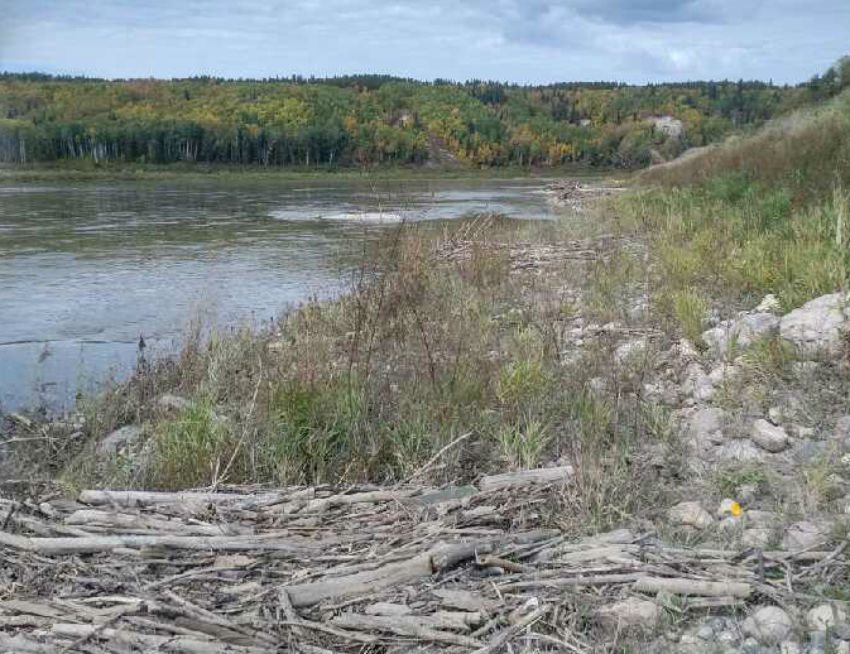
Province says it could have done better
"The Husky Oil spill represented one of the most complex and comprehensive real-time emergency response situations for the Ministry of Environment," wrote its communications consultant, Ron Podbielski. "Mitigating the spill’s urgent environmental impacts, including the recovery of oil and helping safeguard the water supply of residents immediately downstream of the spill, were critical immediate priorities and guided the use of the Ministry’s resources.
"In a meeting on September 26, the ministry acknowledged to JSCN (James Smith Cree Nation) that with the benefit of hindsight, more engagement could have occurred earlier in the process, and we acknowledged our desire to work together and communicate in a mutually-beneficial manner in the future."
While the province, Husky, and colleagues at Environment and Climate Change Canada continued to work with the First Nation on cleanup, no meetings were scheduled after the phone call on Thursday during which James Smith rejected the official leave-it-behind recommendations.
Chief Head condemned Husky's lack of response to media inquiries, and said the energy company should not be trying to hide a story about James Smith that the community's leaders are trying to share.
“Husky oil really shouldn’t be shutting down media coverage of this subject because it’s important for the public to know that Husky oil is on side with the environment in Canada,” he explained. "Husky oil owes it to the general public to come out in force, along with this oil spill to clean it up and let the public know that they’re going to be there to clean it up.”
This report was made possible thanks to reader subscriptions. Please subscribe today.
The situation in Saskatchewan
The situation in Saskatchewan comes down to Brad Wall and his attitudes toward you oil and gas industry, the environment, Saskatchewan citizens, indigenous peoples in Saskatchewan and for that matter, anywhere.
At one point some provinces were speaking of sharing resource revenues with indigenous peoples. Brad Wall made it clear that Saskatchewan would not be involved in this.
Apparently, for years the Saskatchewan auditor general had been attempting to get the government to sat and enforce more rigorous regulations for the oil and gas industry. Of course this was casually ignored By Brad Wall.
Indeed, Wall’s desire to curry favor with oil industry is at the point where he wanted to get federal stimulus to help the companies pay for cleaning up the mess they created in the oil fields.
Wall’s lack of concern for the environment and for indigenous people are both on open display in the case of of the Husky oil spill in the North Saskatchewan River. In the wake of the spill, Wall did not want to talk about pipelines. Basically, this government left all the planning to Husky oil. The government’s own environment department advised that nature should be left to clear up the oil on the reserve of the James Smith Cree nation. Husky oil was slow to pay for cleanup paid for by the indigenous people. The rest it wanted leave to nature.
That Husky believed it could ignore pleased to help the indigenous community and refused to even talk with the community leaders, is an indication of how lightly they consider their responsibilities.
In my view, this company is totally out of control and the fault for that lies with Brad Wall and his ilk.
The way this should work is that the government should have adequate staff to determine what is needed for cleanup. The government should have the competence to select the suppliers. The oil company, in this case Husky, should pay the bills. Husky should have no decision-making authority with respect to what areas are cleaned up and how clean they have to be.
Louboutin Sko Pris
Louboutin Sko Pris
Should you be thinking about receiving a cash advance, be sure that you use a strategy to obtain it repaid immediately. The borrowed funds company will offer to "help you" and extend your loan, in the event you can't pay it off without delay. This extension fees you a cost, plus further fascination, therefore it does nothing beneficial to suit your needs. Nevertheless, it generates the loan firm a great income.
https://www.separacion.com.es/images/separacion.com/19826-michael-kors-t...
Choosing terms one particular employs when producing an article can easily make a big difference to article marketing. Having a phrase selection that draws in the viewers by finding their consideration of interest can tremendously help with the achievements of an article. Instead of utilizing a expression including great one can make use of fantastic or stunning to improve the result of that particular term.
https://www.asicssneakers.nl/images/djw2/15544-asics-upcourt.jpg

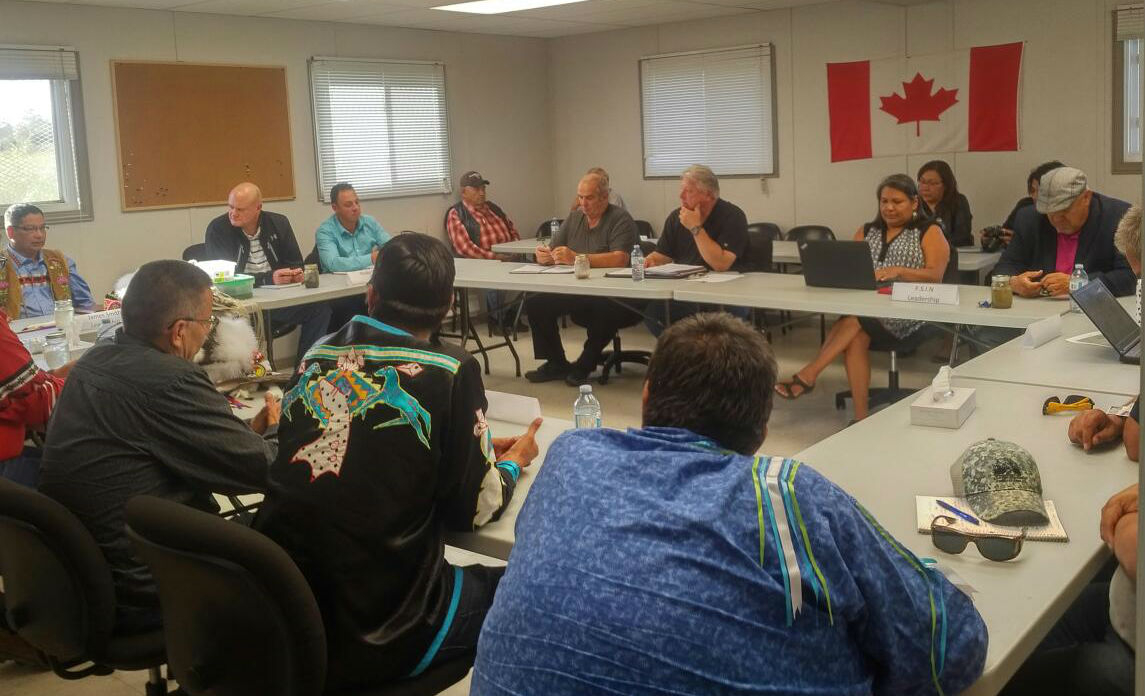

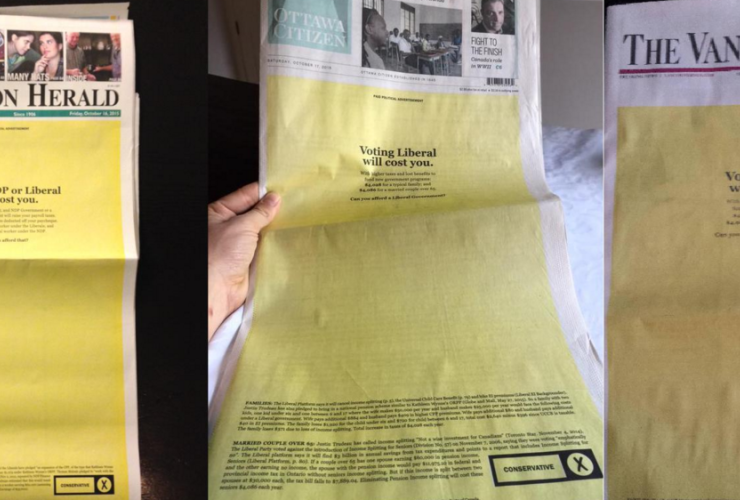
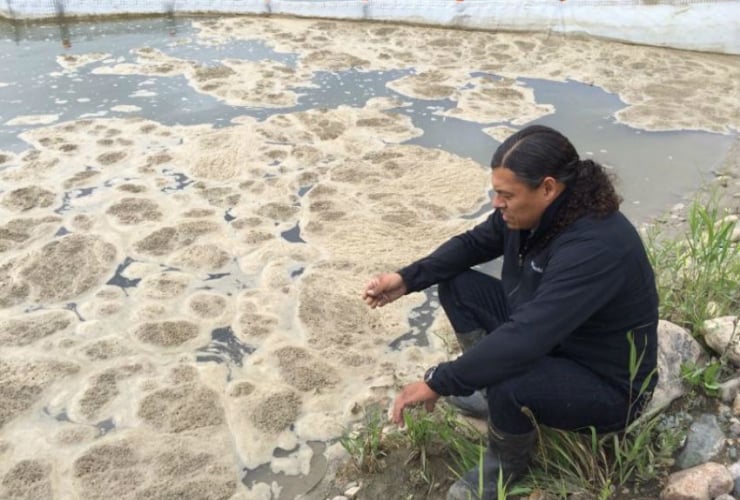
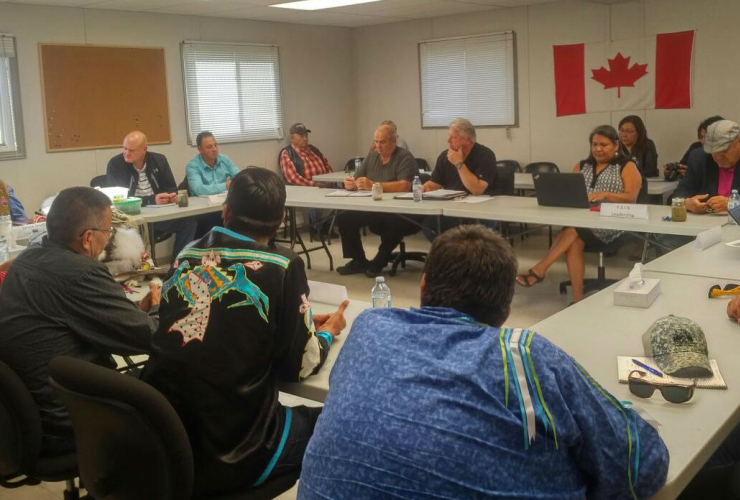
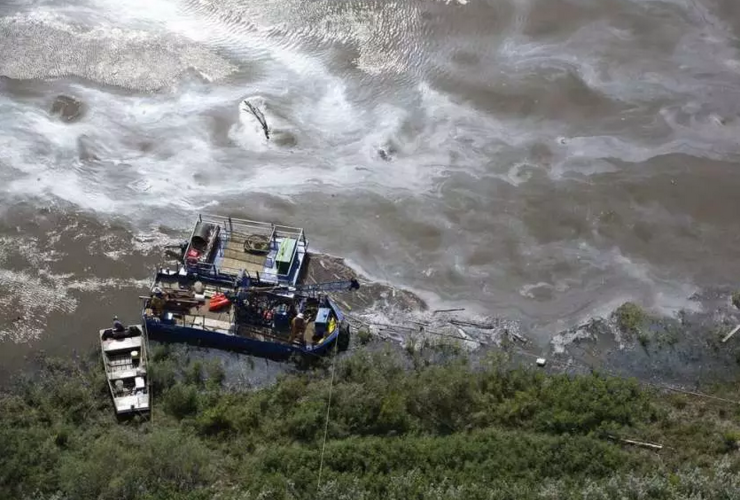
Comments